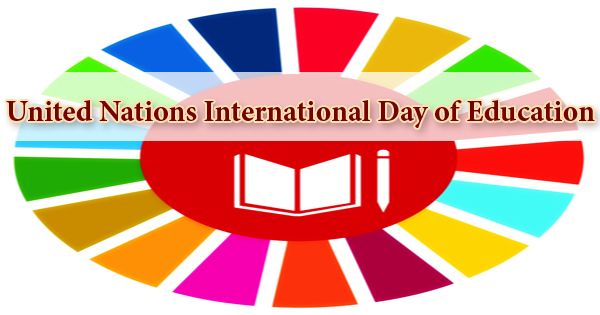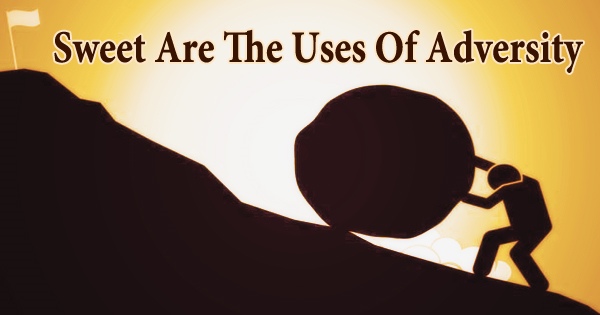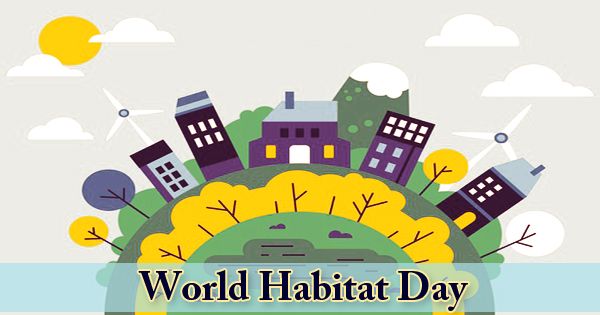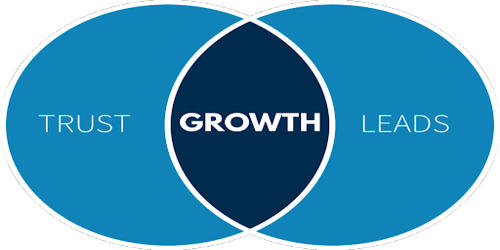In celebration of the role of education for peace and prosperity, the United Nations (UN) General Assembly declared 24th January as “the International Day of Education.” In Article 26 of the Universal Declaration of Human Rights, the right to education is enshrined. The declaration calls for elementary education to be free and compulsory. Furthermore, the Convention on the Rights of the Child, adopted in 1989, provides for countries to make higher education available to everyone. On 3rd December 2018, in celebration of the role of education in bringing global peace and sustainable growth, the United Nations General Assembly adopted a Resolution declaring 24th January as International Education Day. Without quality, sustainable and equitable education and lifelong opportunities for all, countries will not be able to achieve gender equality and break the cycle of poverty that has left millions of girls, young people, and adults behind. Today, 258 million children and youths are still out of school; 617 million children and adolescents are unable to read and perform basic mathematics; less than 40 percent of girls in sub-Saharan Africa are in lower secondary school, and around four million children and adolescents are out of school. They are denying their right to education and that is immoral.
Training provides a ladder out of poverty for children and a route to a promising future. Without quality, sustainable and equitable education and lifelong opportunities for all, countries will not be able to achieve gender equality and break the cycle of poverty that has left millions of girls, young people, and adults behind. The first International Education Day was eventually celebrated on 24th January 2019. UNGA’s message is being distributed around the globe. Their genuine worldwide efforts have shown positive results in the improvement of an educated citizen who constitutes a cultured community backed by hope and opportunities. Three key segments will be organized for a global event for the day: learning heroes, inventions, and funding. CRI and UNESCO have spearheaded a Learning Planet Festival to celebrate learning in all contexts and share technologies that fulfill every learner’s potential, regardless of their circumstances, capturing the spirit of the International Education Day. Education can break and reverse intergenerational poverty loops as well. Studies indicate that 420 million individuals could be raised out of poverty if both girls and boys completed secondary education. The UN Educational, Science and Cultural Organization (UNESCO) will demonstrate through events and media how learning can “empower people, preserve the world, build shared prosperity and promote peace.” The fact that so many individuals around the world still do not have access to educational opportunities would also be illustrated, denying their right to education.
















